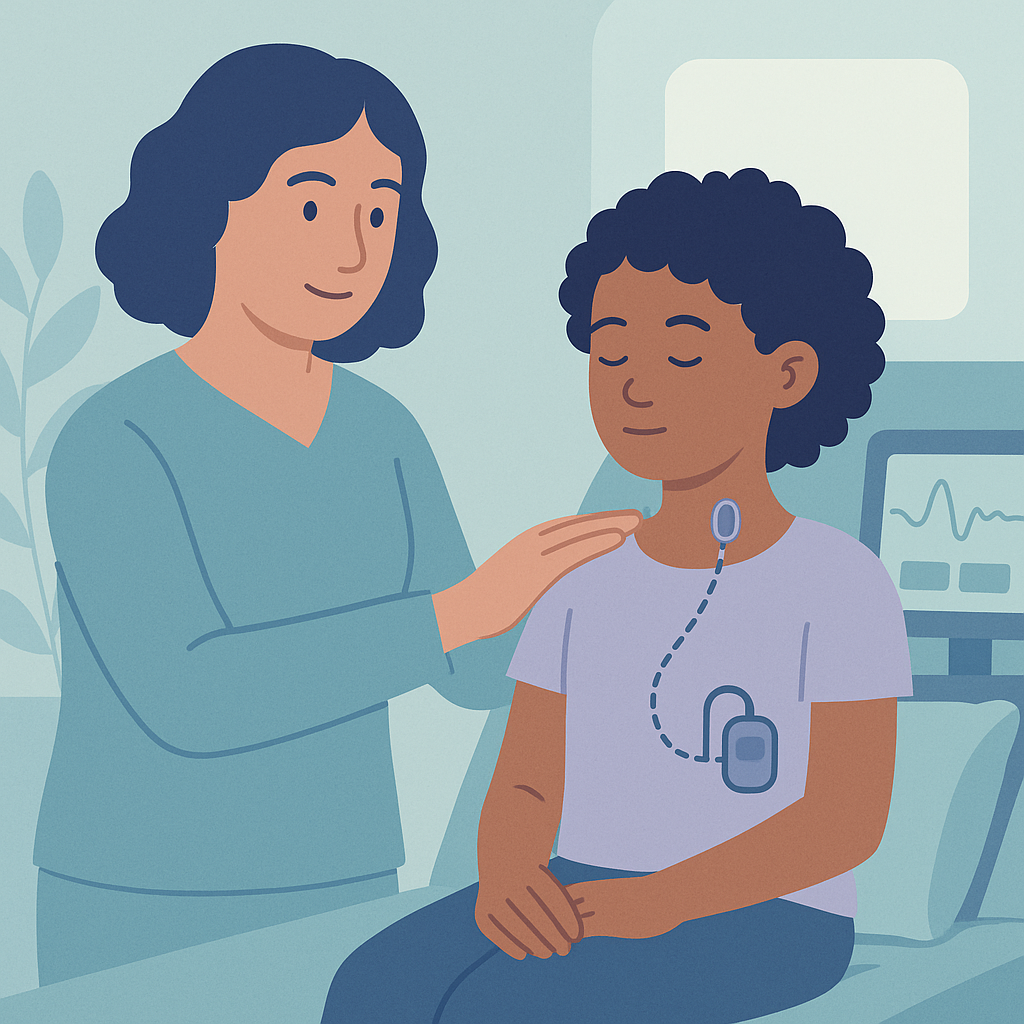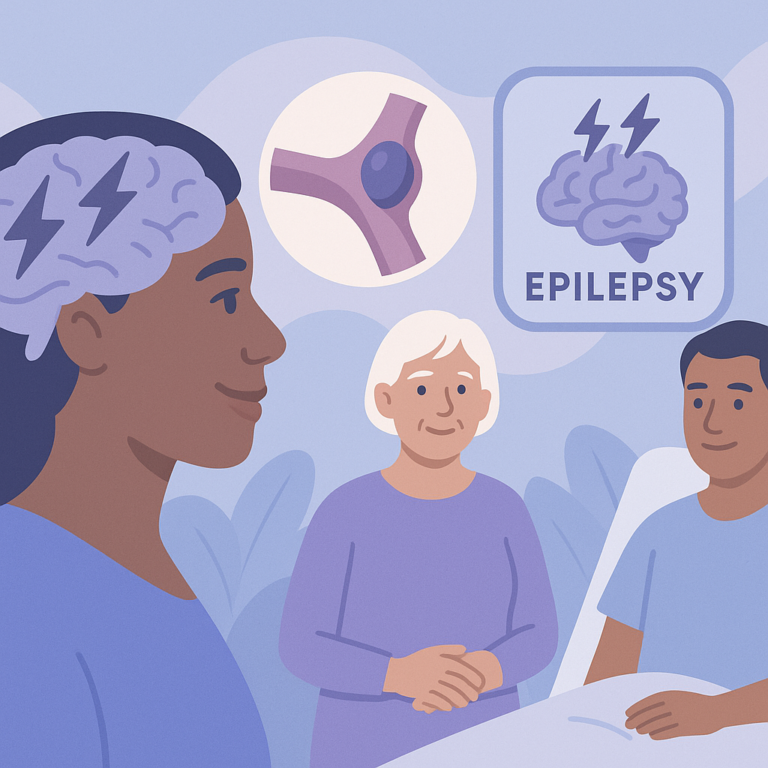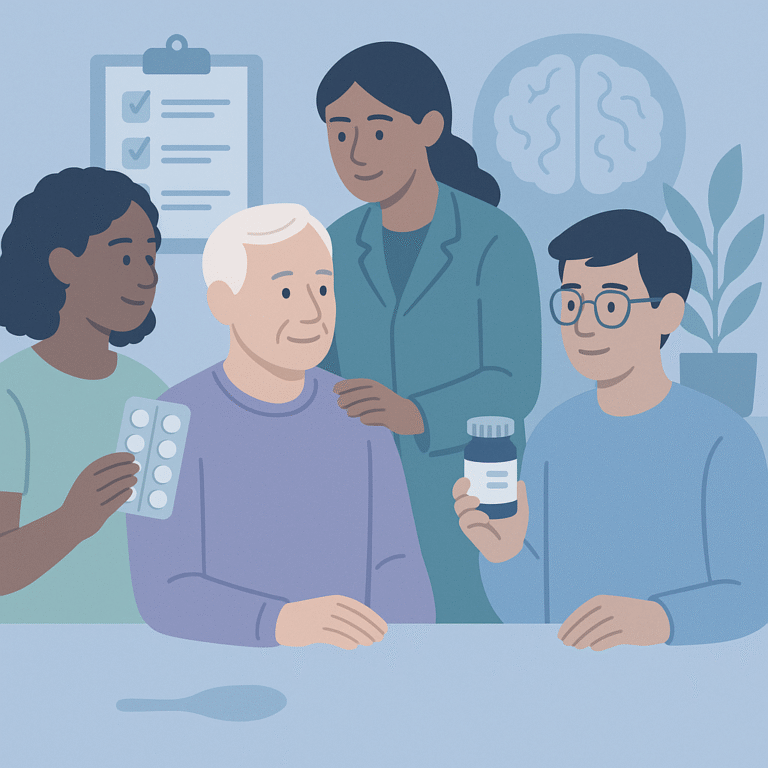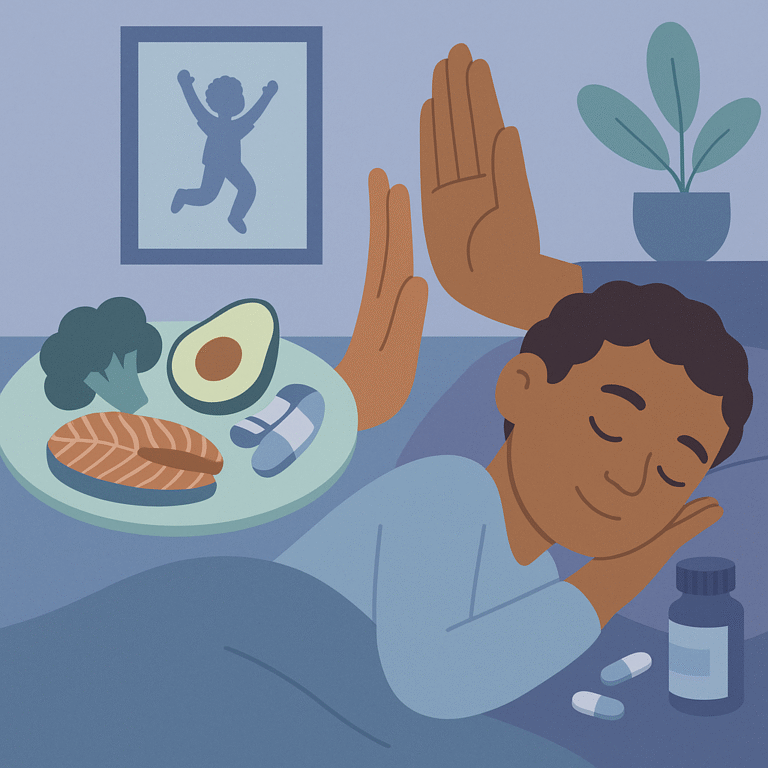Vagus Nerve Stimulation Helps Children With Drug-Resistant Epilepsy
Source: Children (Basel, Switzerland)
Summary
This study looked at how effective vagus nerve stimulation (VNS) is for children with drug-resistant epilepsy (DRE), which means their seizures do not respond well to medications. Researchers analyzed data from 52 children, aged 0 to 18 years, who had VNS devices implanted and were followed for at least a year. The goal was to find the best settings for the VNS device that would help reduce the number of seizures these children experienced.
The results showed that VNS was quite effective for many of the children. About 77% of them had at least a 50% reduction in their seizures after one year, and some even had a 90% reduction or were completely seizure-free. The study found that using an output current of around 1.5 mA and a duty cycle of 10% led to the best outcomes for reducing seizures.
These findings are important because they suggest specific settings for VNS that could help improve treatment for children with DRE. However, since this study was retrospective and involved only two centers, more research is needed to confirm these results and see if they apply to a wider group of patients. This study helps pave the way for better, personalized treatments for children with epilepsy.
Free: Seizure First Aid Quick Guide (PDF)
Plus one plain-language weekly digest of new epilepsy research.
Unsubscribe anytime. No medical advice.





